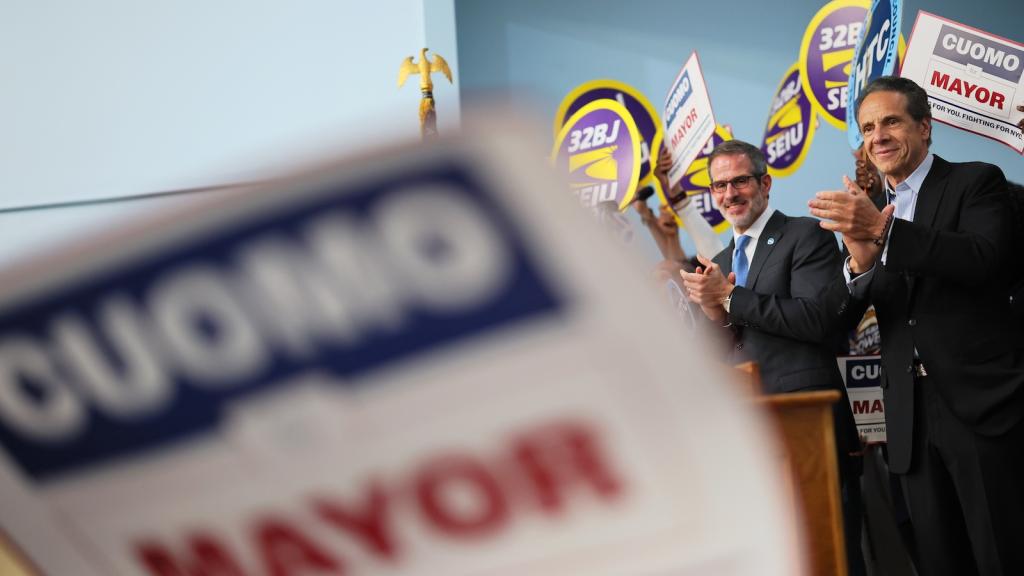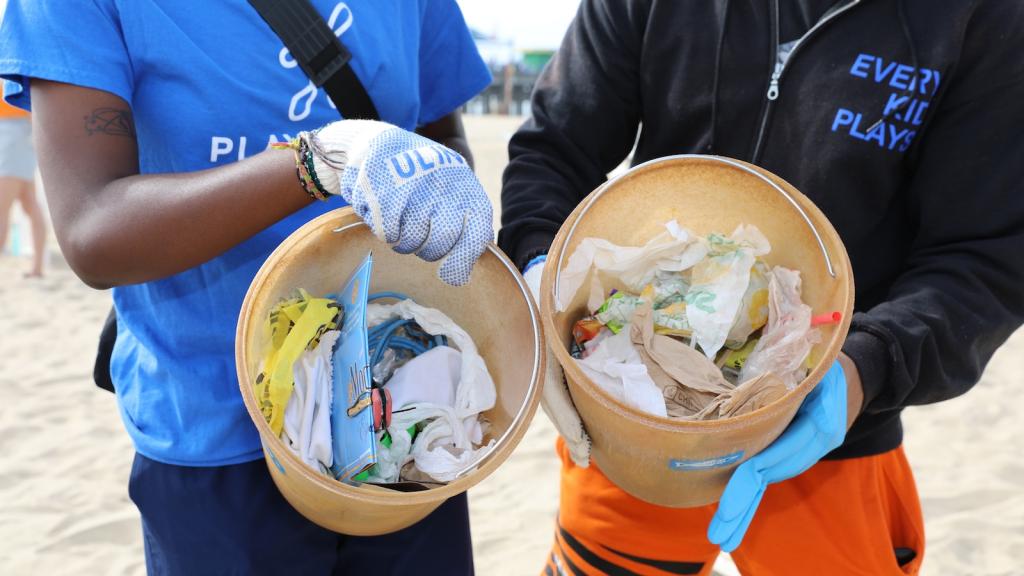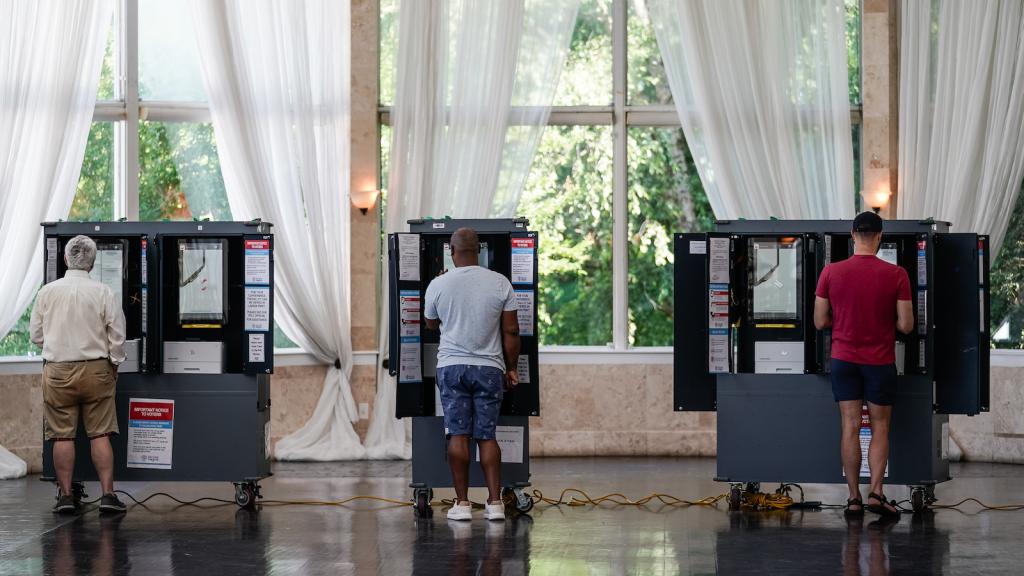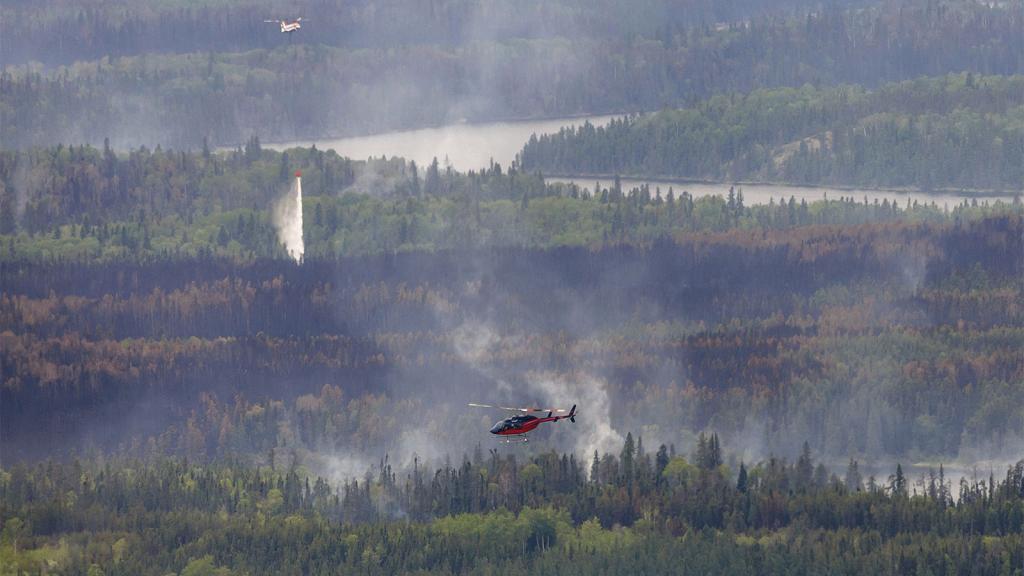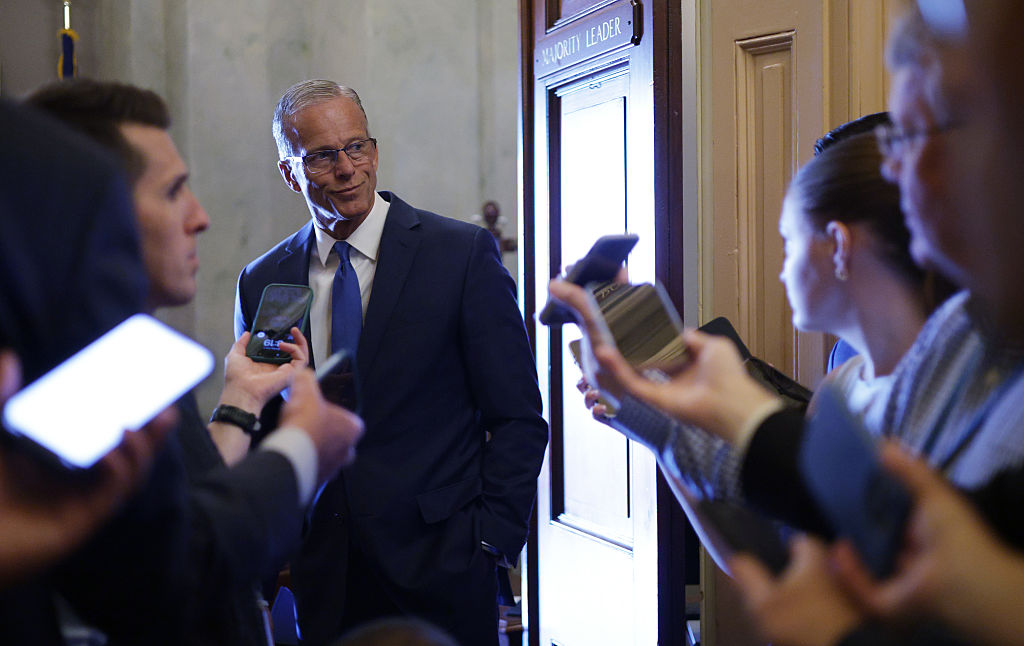Latest Articles
-
New York’s mayoral race could decide the city’s climate future
The nation's largest city has an ambitious plan to reduce emissions. The next mayor could make or break its success.
-
Want to try lab-grown salmon? The US just approved it.
Despite a growing number of state bans, advocates of cultivated seafood say it can protect waterways from overfishing.
-
A majority of people around the world support a carbon tax — even if they’re paying it
Even in the U.S., where the policy was least popular, half of those surveyed said they'd support a climate tax that redistributes wealth.
-
Science says plastic bag bans really do work
A new study finds that outlawing or taxing plastic bags reduces beach litter.
-
A new app details where your food comes from — and just how fragile the global food system really is
A “first of its kind" tool could help untangle the complex global web of food supply chains and make it more resilient to climate shocks.
-
In Georgia, a runoff looms for Democrats after primary results for public utility commission seat
In a state with rising energy bills, the race is key for its climate future.
-
Your favorite campgrounds, hiking trails, and forests could soon be up for auction
Republicans want to make 250 million acres of public lands eligible for sale to housing developers.
-
Canada’s wildfire crisis is displacing First Nations at alarming rates
With over 40,000 people evacuated and infrastructure overwhelmed, Indigenous leaders say climate change is hitting their homelands hardest.
-
With new Senate legislation, Congress is one step closer to gutting the Inflation Reduction Act
The so-called Big Beautiful Bill targets the tax credits designed to put the U.S. on the path to net-zero carbon emissions.
-
How America’s prairie was nearly destroyed — and why it should be restored
A new book traces the environmental collapse of a crucial ecosystem and how its return could fight climate change.
